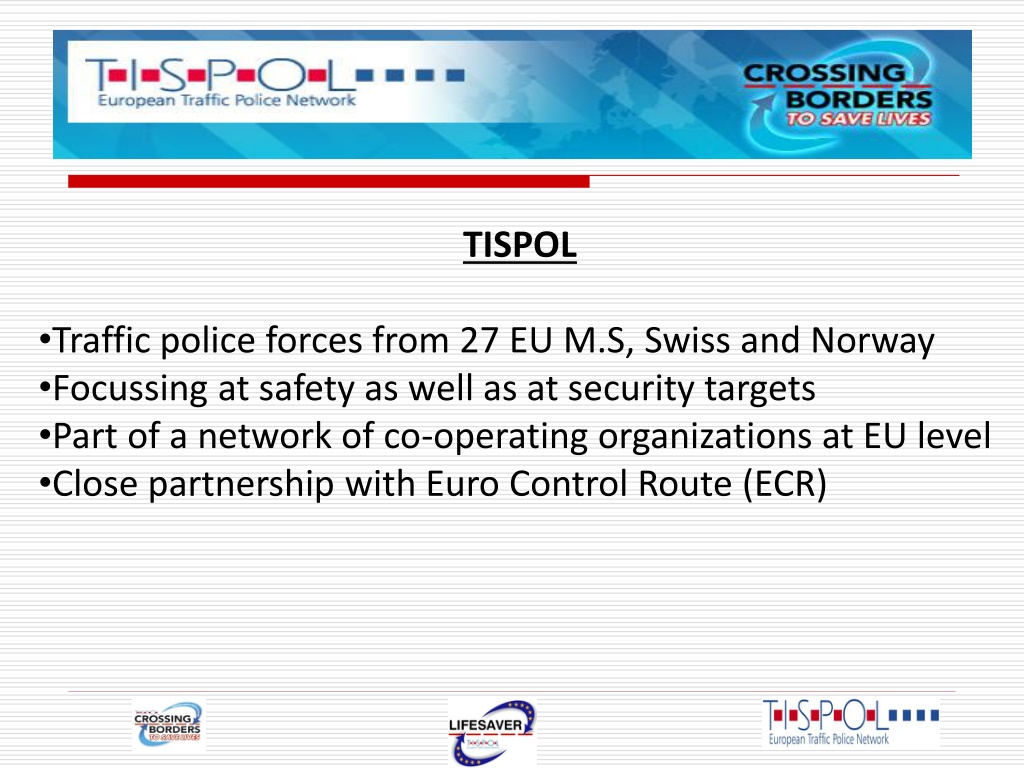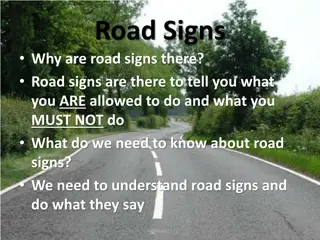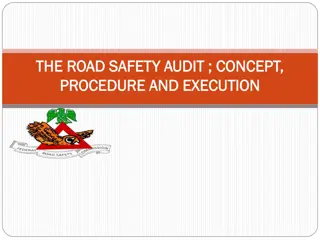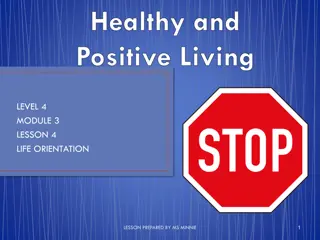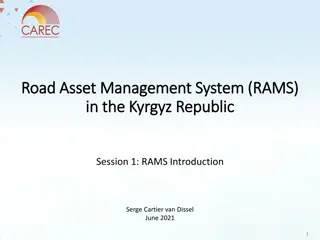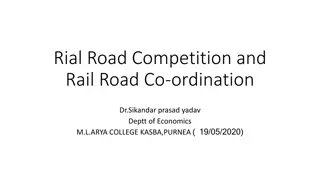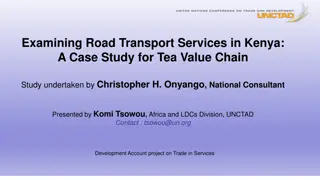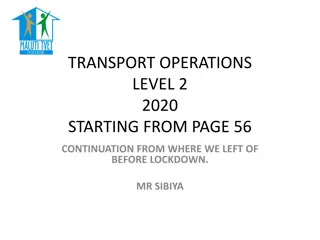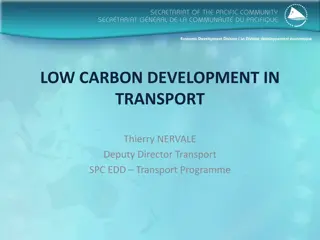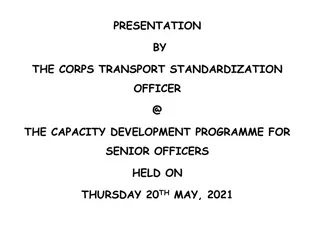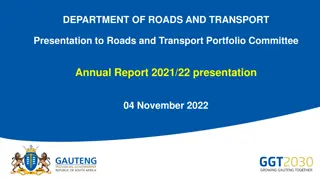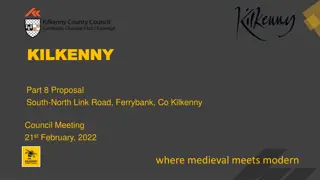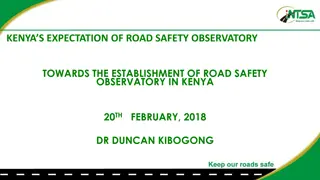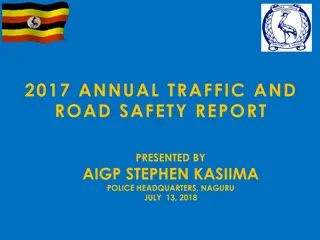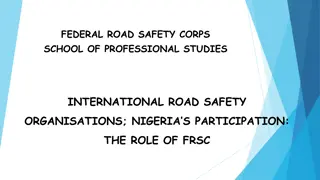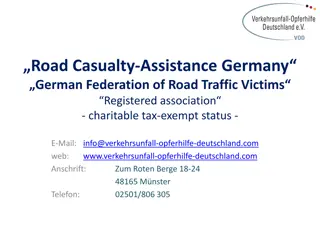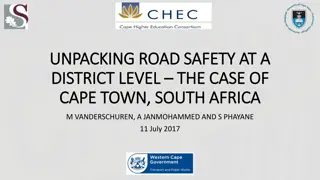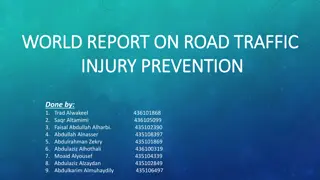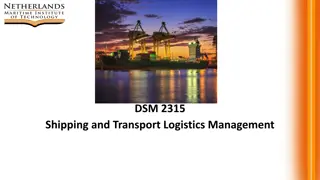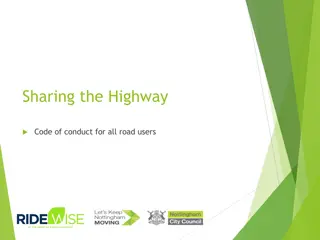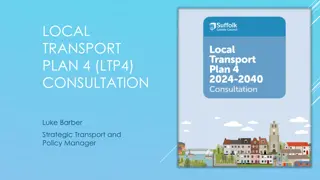Enhancing Road Transport Safety & Efficiency
TISPOL, a network of traffic police forces across Europe, focuses on improving road transport safety and efficiency through harmonization of control practices, intelligence-led approaches, and partnerships with organizations like Euro Control Route. Challenges include differing practices and legislation, budget cuts, and fraud complexity. Efforts to improve involve cooperation, training programs, expert systems, and technology-driven enforcement concepts.
Download Presentation

Please find below an Image/Link to download the presentation.
The content on the website is provided AS IS for your information and personal use only. It may not be sold, licensed, or shared on other websites without obtaining consent from the author.If you encounter any issues during the download, it is possible that the publisher has removed the file from their server.
You are allowed to download the files provided on this website for personal or commercial use, subject to the condition that they are used lawfully. All files are the property of their respective owners.
The content on the website is provided AS IS for your information and personal use only. It may not be sold, licensed, or shared on other websites without obtaining consent from the author.
E N D
Presentation Transcript
TISPOL Traffic police forces from 27 EU M.S, Swiss and Norway Focussing at safety as well as at security targets Part of a network of co-operating organizations at EU level Close partnership with Euro Control Route (ECR)
How can enforcers contribute to making road transport more efficient and safe ? What should be in place: -harmonization of control practices -intelligence-led approach of control -more company checks -standard for duration and quality of road-side check -control process based on identifying black sheep -more or less harmonized sanctions -Effective means to fight fraud/forgery
What is practice: -Big differences in control practices -Most checks random, not intelligence-led -Company checks limited -No standards for duration/quality of road-side check -Selection black sheep just starting (ERRU) -Difference in sanctions is a shame -Fraud more and more difficult to detect
What is undertaken to improve the situation? -Co-operation between TISPOL and ECR -Co-operation between TISPOL/ECR and IRU (PPP) -Master classes to train the trainers (EU TRACE project) -Expert systems for control officers (e.g. TDS, TachoWeb) -Sharing information between industry and enforcement -Seeking closer co-operation with EC -Trying to develop new technology driven enforcement concepts
The biggest problems: -To pass on a common policy to the operational officers -M.S sticking to their own interpretation of the rules -M.S. sticking to their own system of sanctions -Complex legislation (only experts can enforce it) -Cuts in budgets of police and inspectorates -Complexity of fraud with digital tachograph
Conclusion: -It does not become easier, but more difficult -Parties can not solve this by themselves -Co-operation between parties has to be re nforced -M.S. need to harmonize control practices and sanctions -A fundamental analysis of the present legislation will be inevitable in future.Simplifying is the key word -Structural fraud should mean end of business
